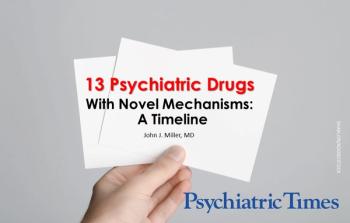
Some speculate the pharmaceutical industry has virtually abandoned new drug development in neuroscience with a few exceptions. However, it should be noted that progress has been made.

Some speculate the pharmaceutical industry has virtually abandoned new drug development in neuroscience with a few exceptions. However, it should be noted that progress has been made.
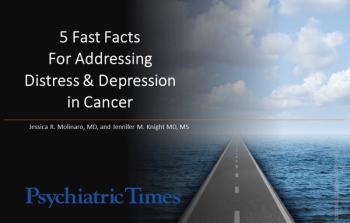
Despite advances in clinical care for patients with cancer, distress and depression continue to haunt patients. These fast facts will help you better understand and care for patients with cancer.
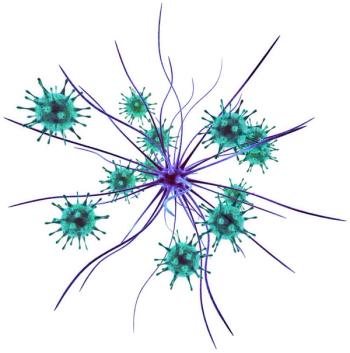
With adequate clinician awareness and prompt initiation of diagnostic testing and intervention, patients with autoimmune encephalitis can lead productive lives. A range of tests is described here.
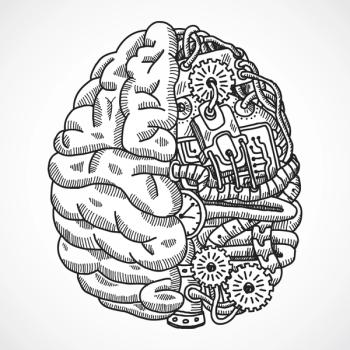
Clinicians should keep in mind the risk-to-benefit ratio considerations before initiating polypharmacy, especially if they have patients with prescriptions inherited from several sources. Here: A summary of recommendations about the use of polypharmacy in psychotic disorders.

According to some estimates, nearly 2.3 million people in the US suffer from dementia-related psychosis. The Gerontological Society of America’s diagnostic and treatment considerations help shed light on this complicated condition.
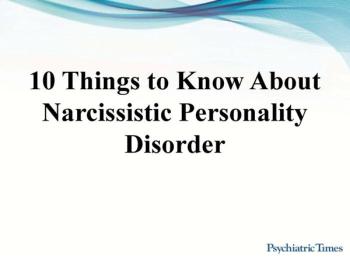
Lack of empathy is a commonly known feature of narcissistic personality disorder. Relationships are typically shallow and difficult to maintain. What are some other features of NPD? More in this case presentation.

Do you know the indications for an EEG in a child with ADHD? Or which psychotherapy approaches for ADHD demonstrate evidence-based effectiveness? Answer these questions and more.
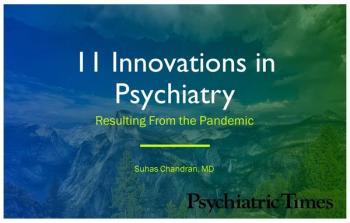
As we move forward from COVID-19, we take a look at noteworthy achievements that took place at lightning speed to inform response measures in future pandemics.

Refreshed sleep can be tough even during normal times. With up to 30% of Americans experiencing sleep problems, here are guidelines to a better night’s sleep.
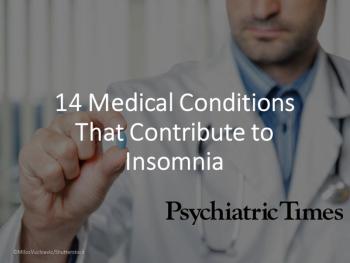
Finding and treating the underlying cause of sleep disturbance is critical to effective management. Here are a few medical conditions that may trigger key disrupting symptoms.
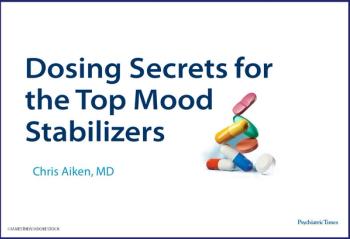
These mood stabilizers cover a lot of ground, but it is important to know how to use them.
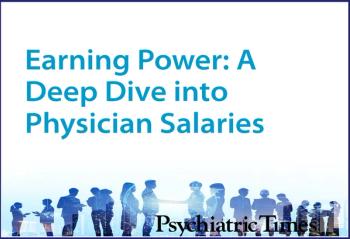
A report of physician wages across a series of measures over the past year.
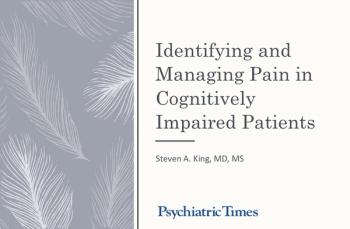
How can clinicians determine the presence of pain in cognitively impaired patients? And how do you know the medication is working if your patient can’t tell you?
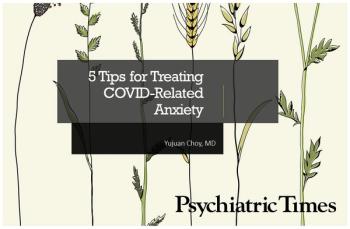
A constellation of factors contributes to heightened anxiety symptoms associated with the pandemic. The author offers simple steps to help patients alleviate stress.
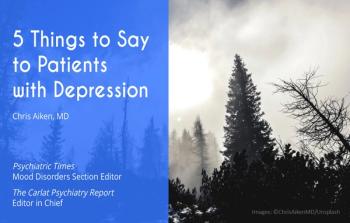
Recovery from depression is a process, and patients need steady, realistic guidance to move through each stage. Insights here.
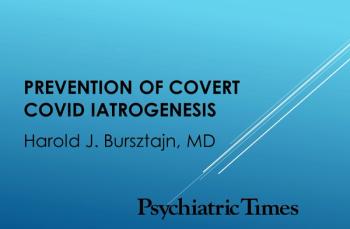
In a time of panic, despair, and demoralization, art continues to inspire the author's reflections as it has over the last 40 years. Here, he shares some images that he finds inspirational and helpful. Even in winter there is hope.
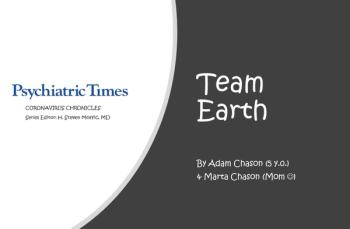
"Mom says viruses don’t attack countries, they attack people. And across countries we are still one people living under one roof." More in this pictorial and therapeutic dialog between a 5-year-old and his mother about the pandemic.
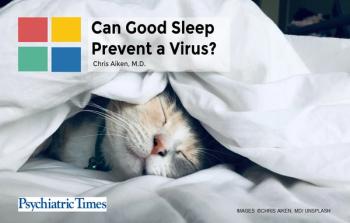
Sleep deprivation increases the risk of viral infections and even mania. Here is the evidence.
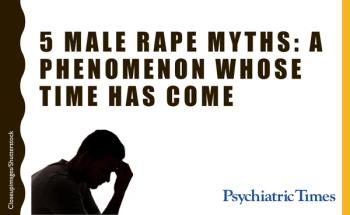
Here are 5 rape myths perpetuated in our culture, in law enforcement and the military, and in medicine and mental health.
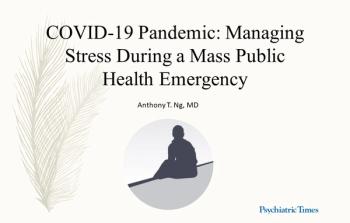
Health professionals' emotional reactions to the COVID-19 pandemic range from numbness, anxiety, fear, and rapid shifts to survivor guilt, helplessness, and feelings of detachment. Here: Stress management tactics and what to expect today and beyond.

Read the Psychiatric Times issue cover-to-cover, with a bonus PDF.
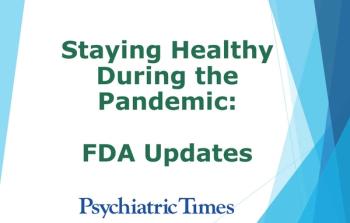
The US Food and Drug Administration is working diligently to provide the public with information to keep consumers well and safe. From hand sanitizers to testing to food safety, this slideshow presents the latest developments.
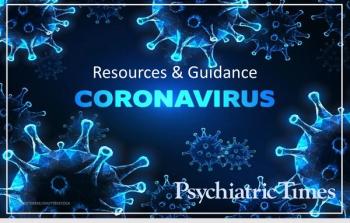
Psychiatric Times has collected information to answer your most pressing questions, including how to prepare your office and staff, resources for patients, and information you need to implement telepsychiatry.
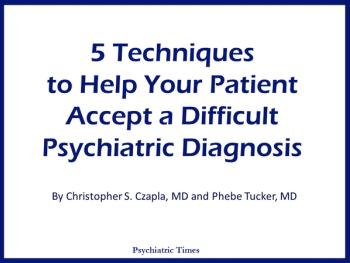
Patients with difficult conditions such as delusional parasitosis tend to resist the notion that a psychiatric problem underlies their symptoms.

Albina Veltman, MD, FRCPC and Tara La Rose, MSW, PhD, RSW, provide Suggestions on how to create an LGBTQ-positive space in health care settings.
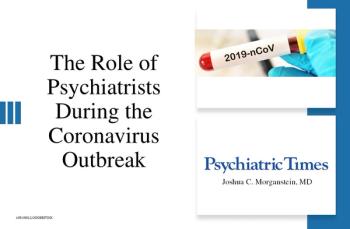
Emerging infectious disease outbreaks cause significant fear and uncertainty. Psychiatrists can play an important role in supporting the well-being of patients and families, health care personnel, and the general public.
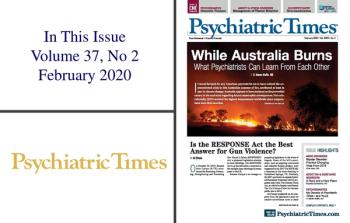
Read the Psychiatric Times February 2020 issue cover-to-cover, with a bonus PDF.
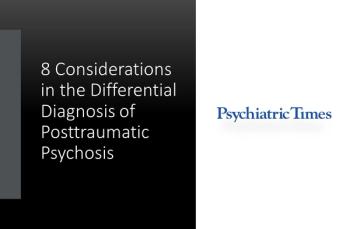
Following TBI, cognitive deficits, comorbid medical and neurological problems, as well as complex pharmacotherapeutic needs and sensitivities frequently complicate evaluation and treatment of psychosis in this population.
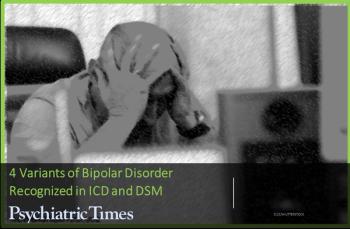
An accurate assessment of bipolar disorder requires psychiatric evaluation of a range of symptoms marked by extreme mood changes and other factors described in brief.
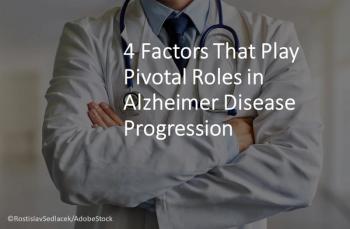
At present there are no treatments to stop or delay underlying disease progression. Current prevalent therapies help to mask the symptoms, but they do not solve underlying causes. A fundamental premise for effective treatment is to make a diagnosis of Alzheimer disease at the earliest stage.